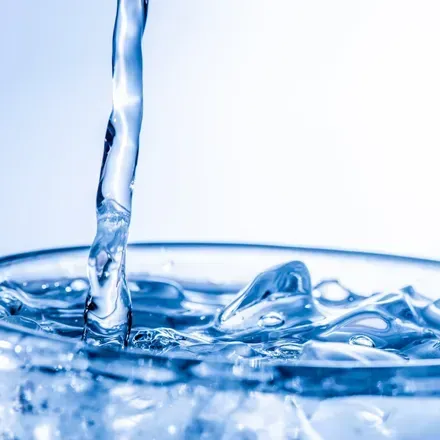976 Florida Central Parkway Suite 136 Longwood, FL 32750 • 407 605 3803

SE HABLA ESPAÑOL
Florida's Best Home
Water Filtration Systems
You and your home deserve cleaner, safer air and water.
Our experts are just a call away waiting to help you choose the right solution.
Common Water Problem

4 Steps to Improve Your Home's Water
1. Schedule a Free Test
Complete our form to schedule your free In-Home water test.
2. We Test Your Water
We will test your water and discuss the result
3. Discuss Your Options
We will discuss the water treatment options for your home
4. Install Solution
Our Experienced Technicians will Install your system quickly and conveniently

Whole Home Water Filtration

Well Water Filtration Systems

Salt Free Systems

Reverse Osmosis / Drinking Water Systems
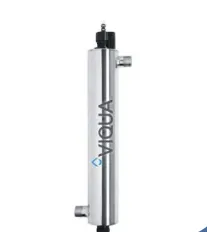
Ultraviolet Light Sterilizers
IS YOUR WATER SAFE? STOP GUESSING, HURRY UP & FIND OUT!
Why Choose Our Water Treatment Systems?
At Florida Pure Water Solutions, we specialize in water filtration systems, which includes whole home filtration, reverse osmosis, water softening and condition systems.
We take great pride in offering these top quality water treatments to our clients
Our company provides the best solutions for our customers based on their specific needs.
Our knowledgeable staff, with over 10 years of experience, knows how to get the job done right the first time so that you are happy with your complete home solution.
Florida Water Filtration FAQs
Got a question? We’re here to help.
Do I Really Need Water Filtration?
In most Florida homes, water filtration is highly beneficial; in some absolutely necessary. The best way to determine if you really need a water filtration system is to test your water. We provide Free Water Testing and an explanation of the results to help you determine if you really need water filtration urgently or if it would just provide cleaner, better water for your home.
Water Quality can vary widely depending on your exact location. If you are drinking tap water it is even more important to ensure it is safe.
Unfiltered water quality should be checked regularly as water quality may degrade over time, for a wide variety of reasons including the age of the piping, environmental factors, and even changes or incorrect water management procedures in relation to your water supplier, be that from your own well or water supplied by the city.
What's in My Florida Tap Water?
The exact answer requires a water test but here are some things that may be in your water:
The most common & widespread water contaminants in Florida water according to the Florida Department of Health
- Bacteria
- Nitrates
- Lead
- Other Chemicals like EDB, PCE & Temik
What else might be in my Florida City Water
- Chlorine
- Chloramines
- Fluoride
- Viruses
- Mercury
- Sediments
- Other Suspended Solids
Commonly Found in Florida Well Water:
- Iron
- Manganese
- Hydrogen Sulfide
- Organic Matter (Various)
- Chemical Contaminants
Determining what your Florida water contains and at what levels is important to your health. Get a Free Test and a professional consultation to know exactly what your Florida Tap Water Contains.
Why is Florida's Hard Water a problem?
Most test results indicate that Central Florida areas like Orlando have hard water. While water hardness is not generally a health safety issue it does come with its own set of problems.
1. Scaled Deposits on Appliances and pipes; reducing efficiency, increasing maintenance costs, and requiring more frequent replacements.
2. Stains, from clothing to everything else your hard water touches staining is an unfortunate yet common issue caused by hard water.
3. Skin Irritation and hair issues, this especially an issue for people who suffer from eczema and other skin conditions. Hard water has been shown to damage hair follicles, cause dry hair issues, irritate the scalp, cause frizziness, and make hair texture rougher. 4. Unpleasant Water taste and smell.
5. Limescale buildup on everything from showerheads to toilet bowls and bathtubs.
All these problems and more can be easily solved by installing a water-softening system that guarantees soft water throughout your entire home.
Is Orange County Tap Water Good to Drink?
Is it good to drink?
There are a variety of factors to consider ranging from safety to taste when asking this question.
A 2022 water quality data report of the Orange County water system can help you answer the question. The following is a list of contaminants present in the water: Barium, Cyanide, Fluoride, Nitrate, Sodium, Chlorine, Haloacetic Acids, TTHM, Copper, and lead. All are within "safe" limits per Federal Guidelines.
Is safe enough to consider it good? That's a question many of our clients asked themselves before installing systems and decided to go from maybe safe, to definitely great water.
Is it generally safe? Yes.
However this is not always the case, for example
in one instance in 2022, Trihalomethanes in the Easter Regional System exceeded Federal Safety limits. (Excess TTHM exposure can cause liver, kidney & nervous system issues and an increased risk of getting Cancer.
In 2022:
Eastern Regional Water System Three unique potential sources of contamination identified for this system with a low susceptibility level.
Southern Regional Water System Thirteen unique potential sources of contamination identified for this system with a low to moderate susceptibility level.
Western Regional Water System Twelve unique potential sources of contamination identified for this system with a low to moderate susceptibility level.
Daetwyler Shores Fifty-eight unique potential sources of contamination identified for this system with a low to moderate susceptibility level.
Flamingo Crossing Nine unique potential sources of contamination identified for this system with a low susceptibility level.
Lake John Shores Two unique potential sources of contamination identified for this system with a moderate susceptibility level.
Magnolia Woods Ten unique potential sources of contamination identified for this system with a low to moderate susceptibility level.
Northeast Resort Nine unique potential sources of contamination identified for this system with a low susceptibility level.
One Golden Oak Nine unique potential sources of contamination identified for this system with a low susceptibility level.
Partlow Acres Ten unique potential sources of contamination identified for this system with a low to moderate susceptibility level.
Do you offer financing?
Yes, we are able to help you source financing options through our financing partners.
Water Treatment Systems Installed in Florida
A few photos of our very satisfied clients and the systems we installed.
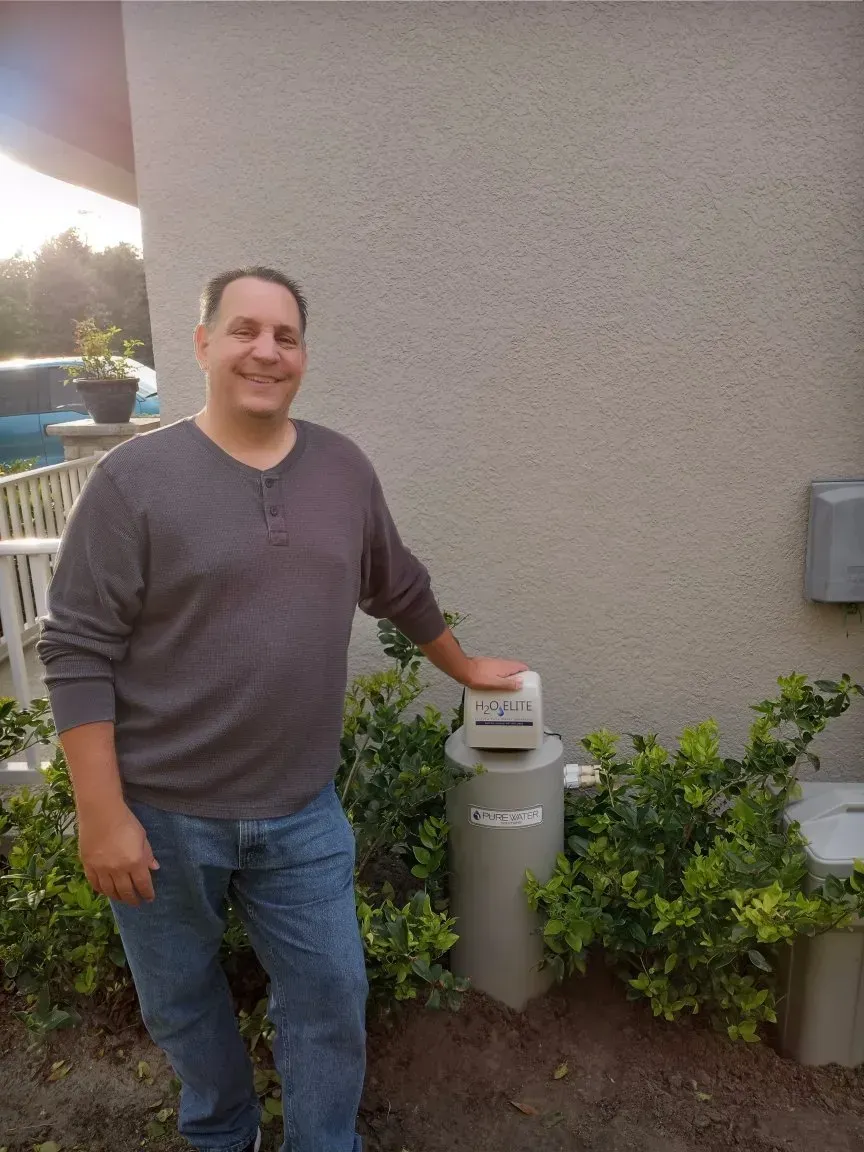
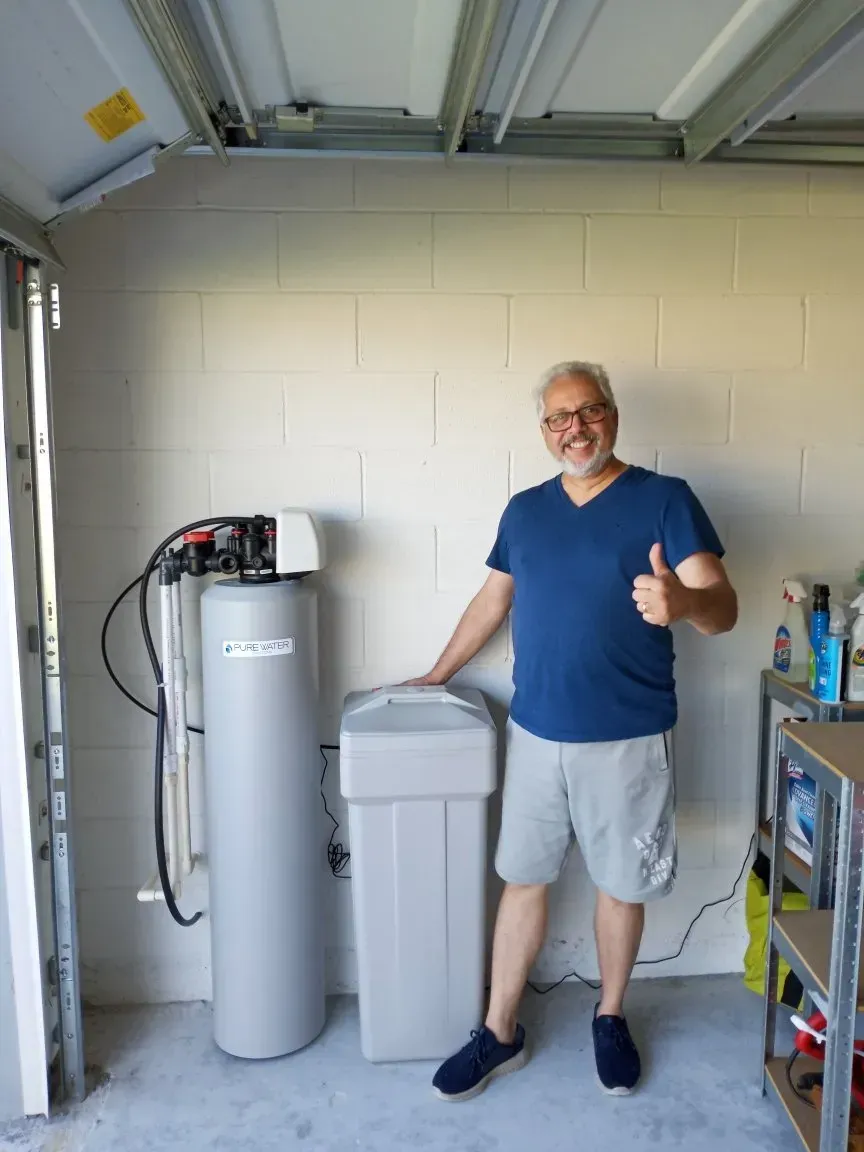
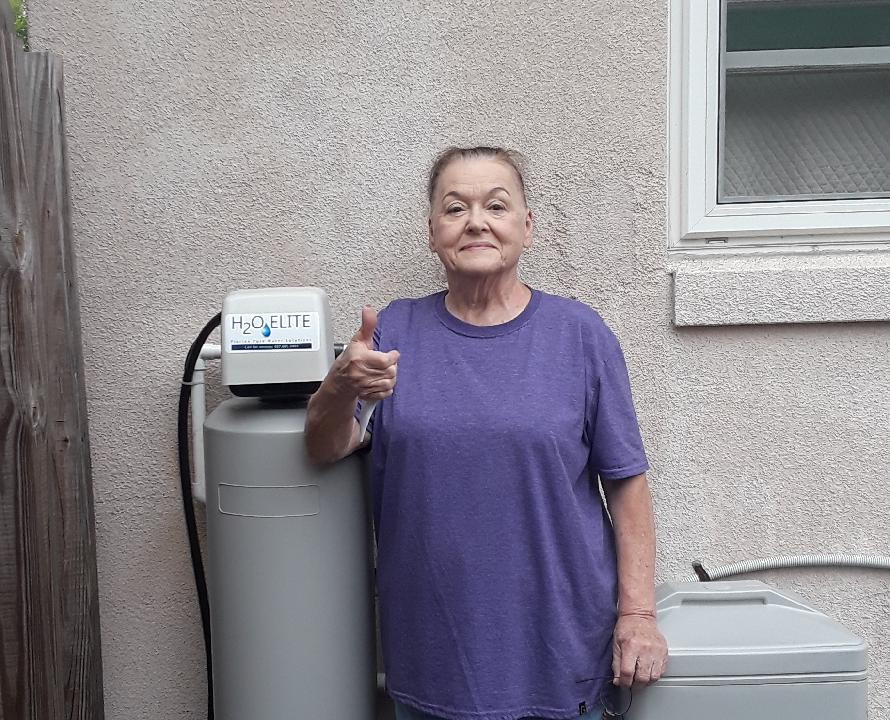

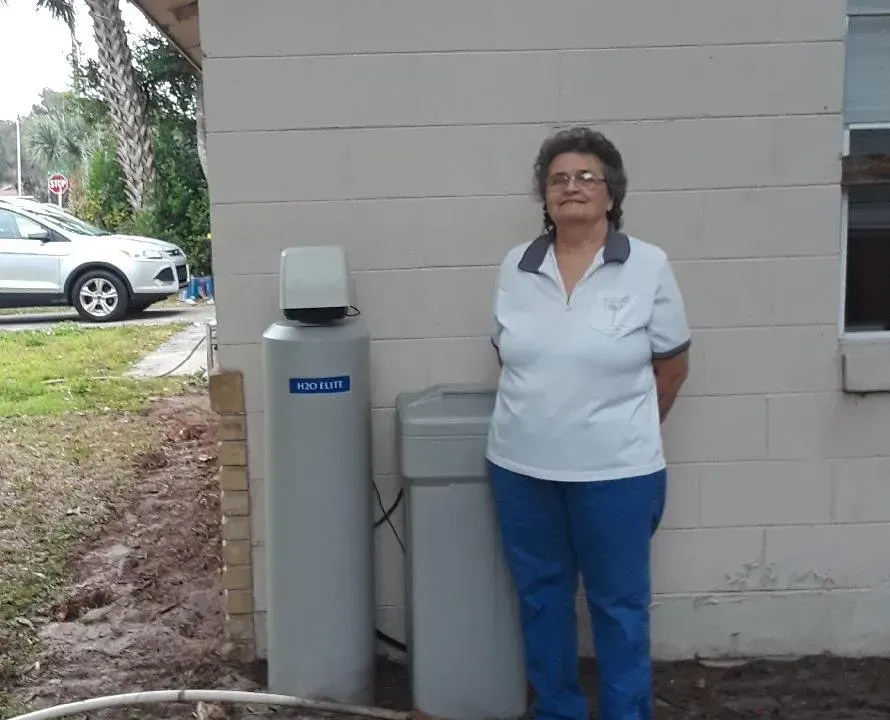
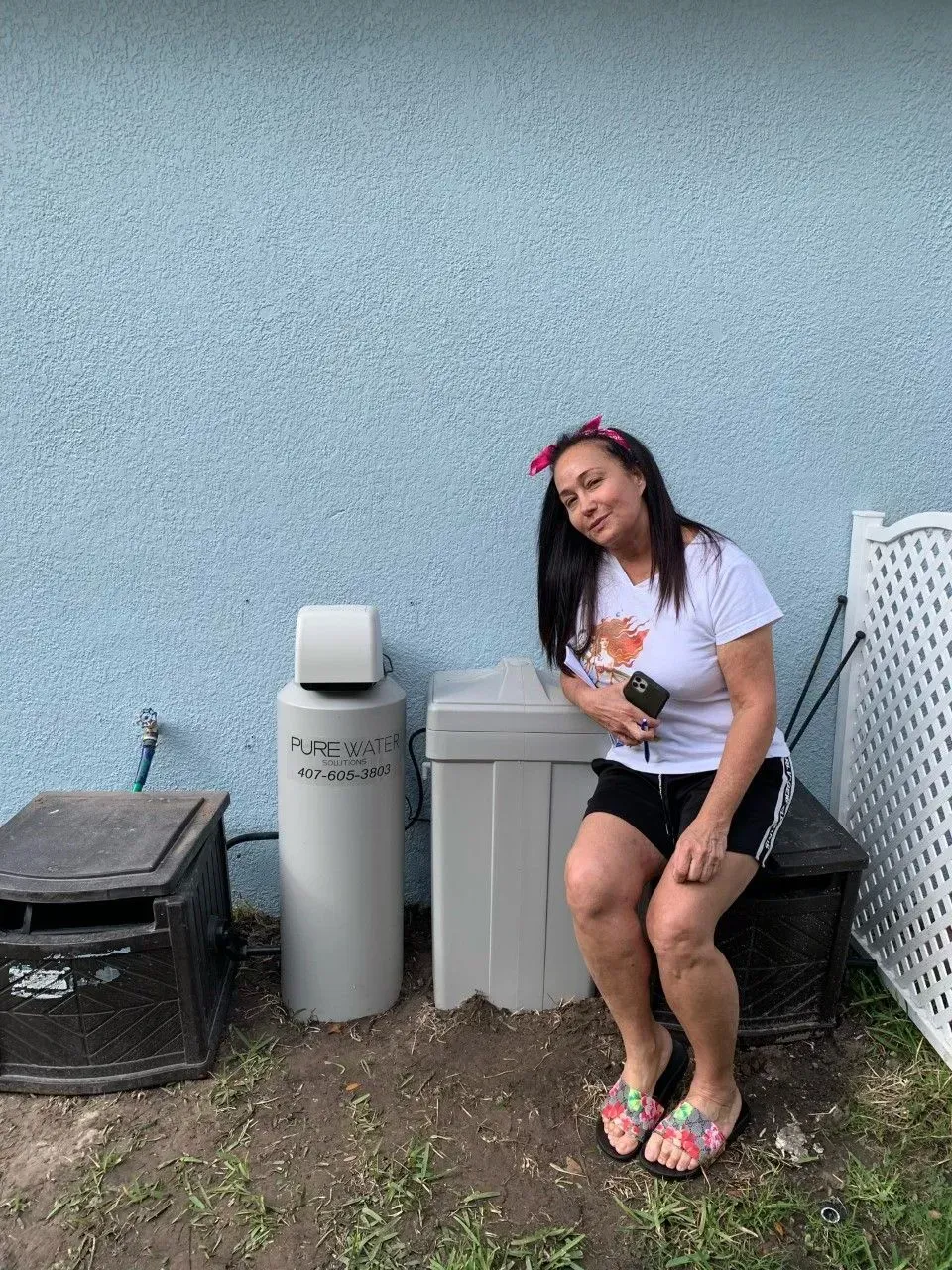
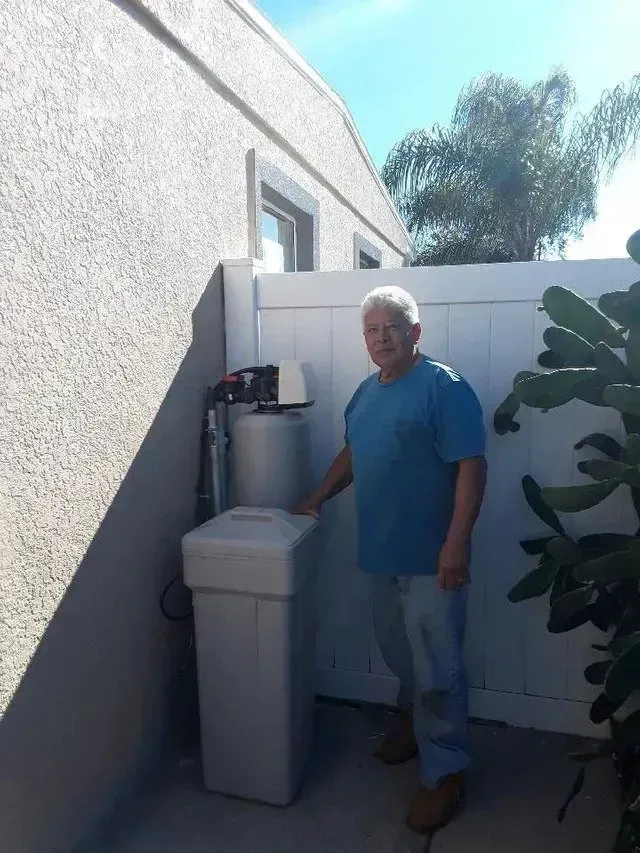
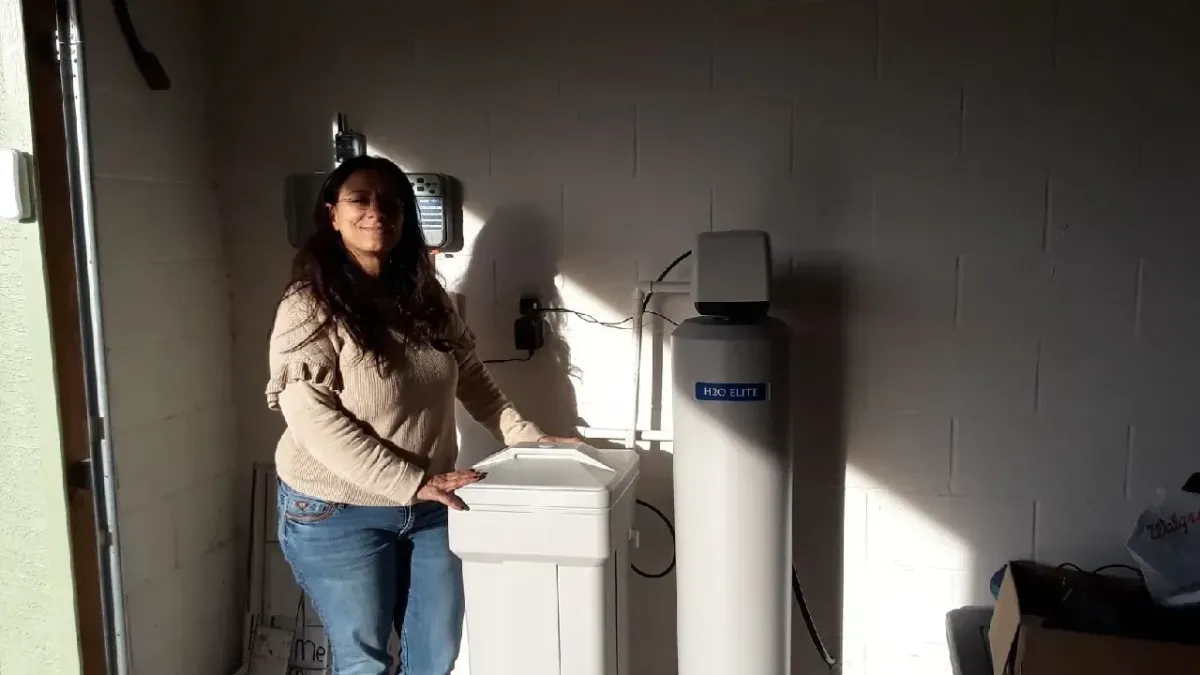
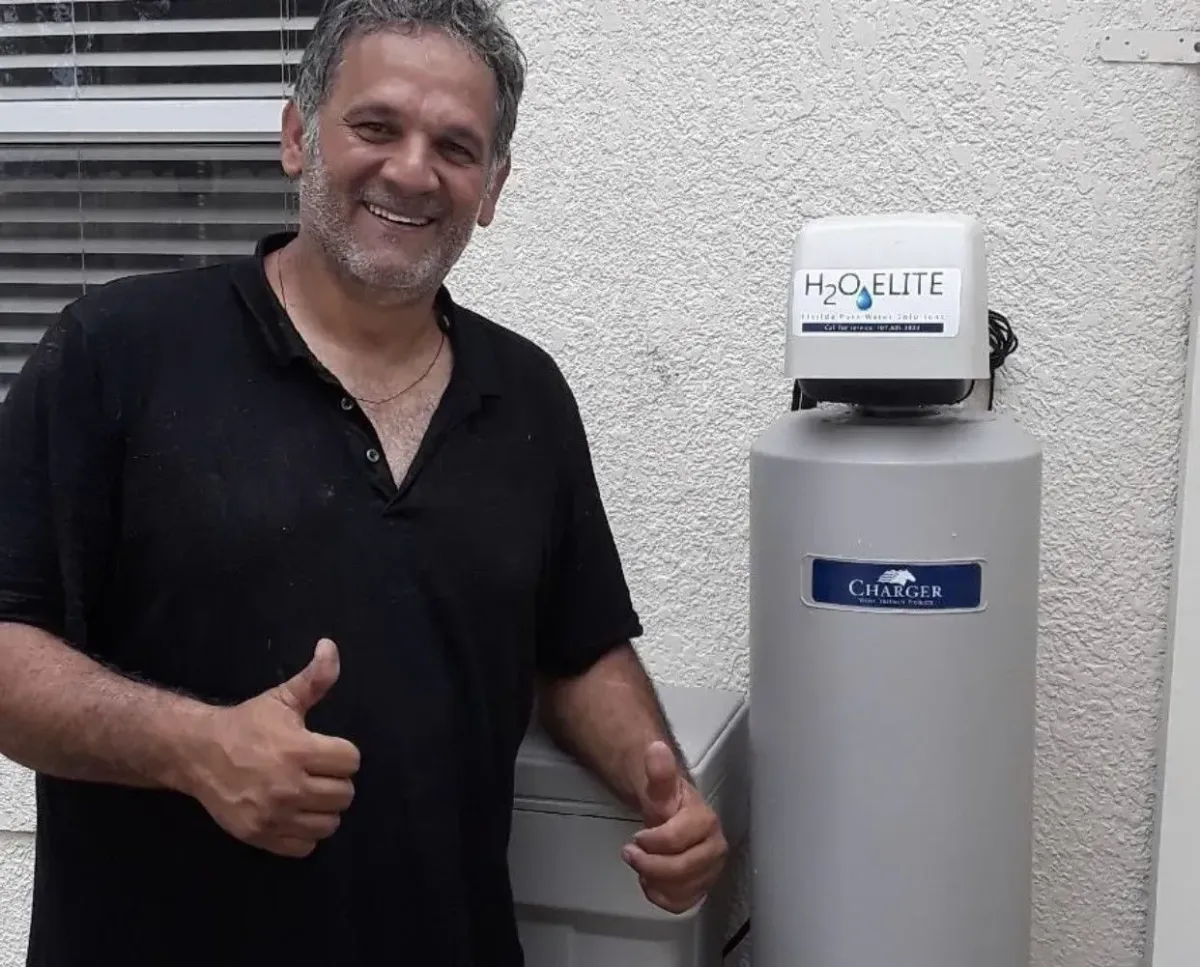
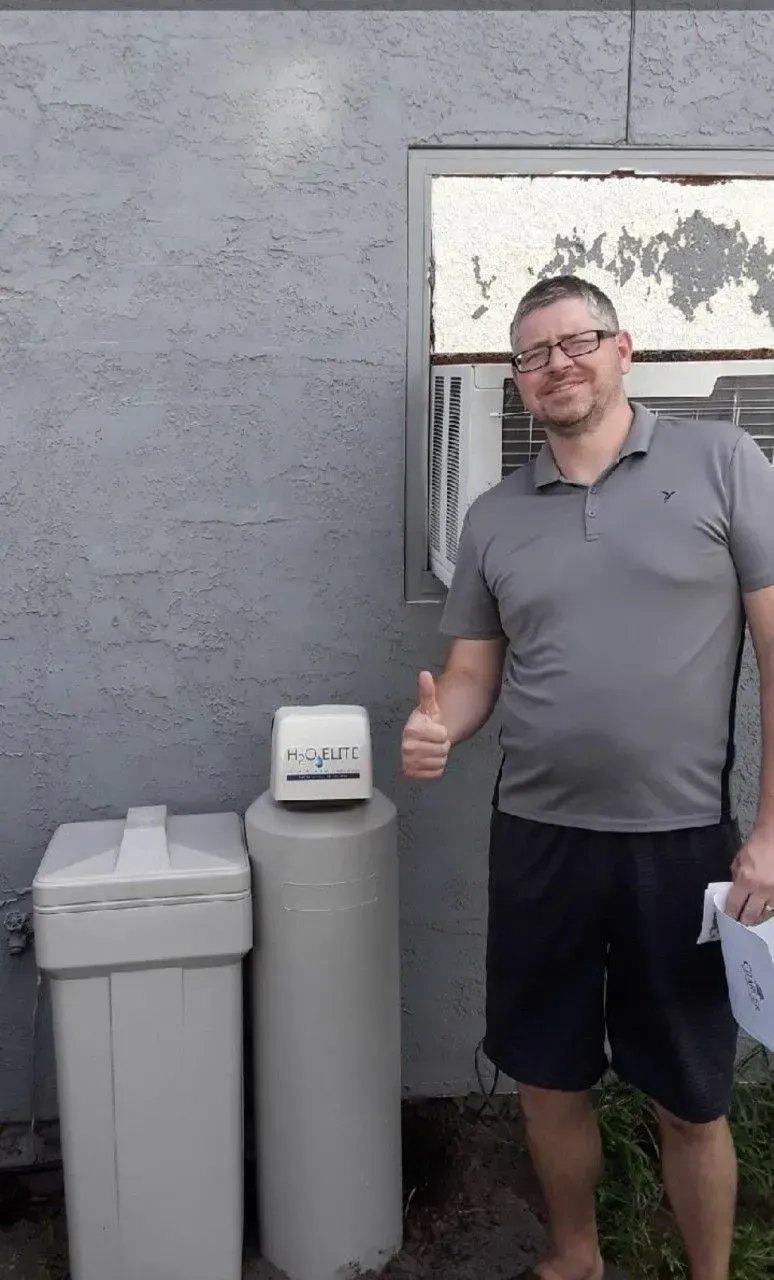


Florida Pure Water Solutions Clients Say:
Contact Information:
Phone: 407-605-3803
Email: [email protected]
Address: 976 Florida Central Parkway Suite 136 Longwood, FL 32750
Payment Option:
Financing Available
Our Location
Content, including images, displayed on this website is protected by copyright laws. Downloading, republication, retransmission or reproduction of content on this website is strictly prohibited.
Terms of Use | Privacy Policy
Last updated 25 Oct 2023 by GTK








